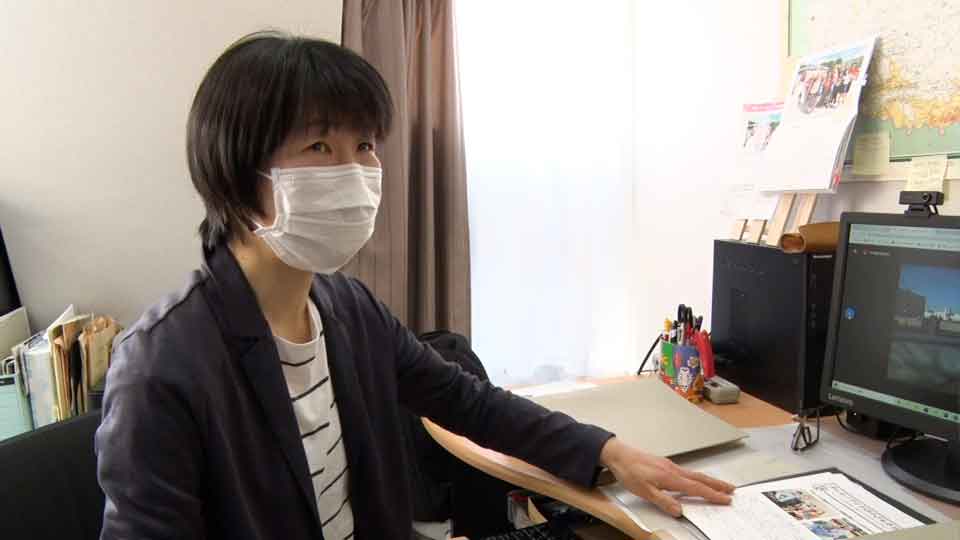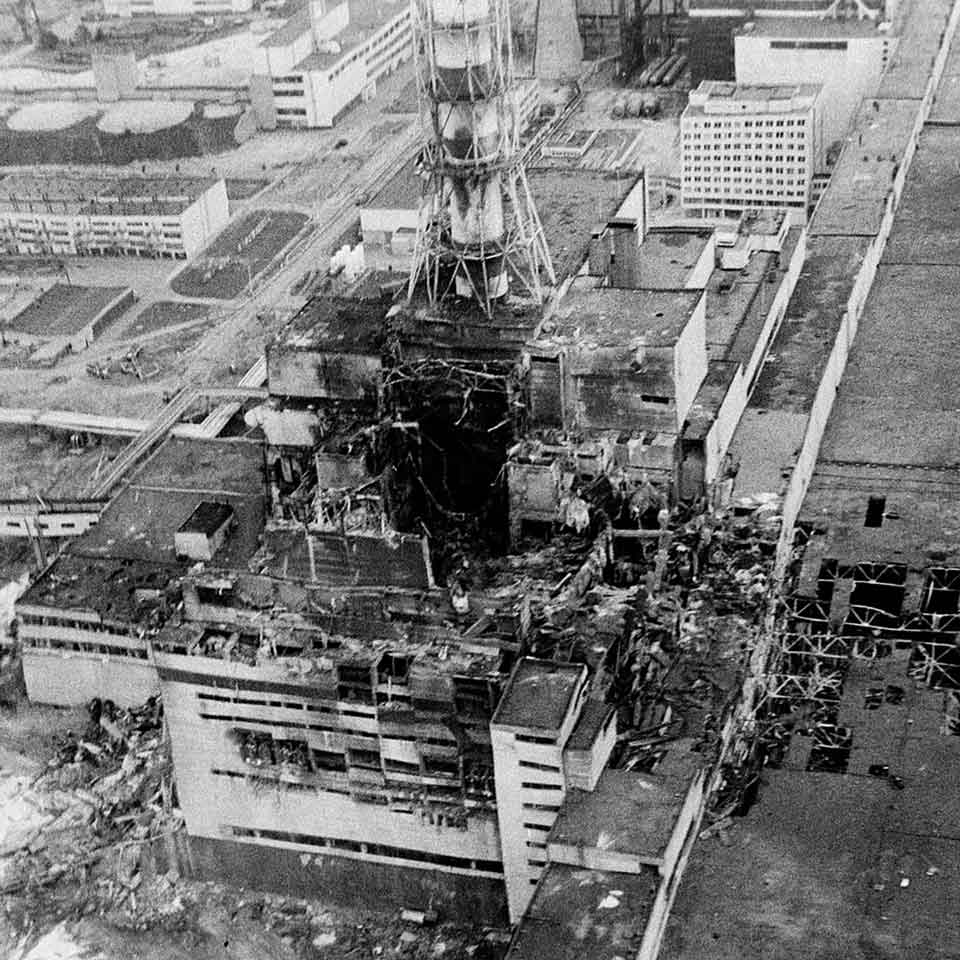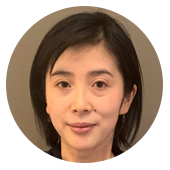For more than 30 years, Japan's Chernobyl Children's Fund (CCF) has been providing medicine to people in Ukraine still suffering from the effects of the world's worst nuclear disaster.

The fund has been working with a Ukraine-based group that delivers essential supplies to more than 3,000 people, including those who still carry physical and mental scars of the Chornobyl accident.

The 1986 disaster triggered the largest-ever uncontrolled radioactive release. A 2018 United Nations thyroid cancer study among people who were under the age of 18 at the time of the explosions identified 5,000 cases that are likely linked to radiation exposure.

The fund's efforts to assist these and other victims of the fallout came to a grinding halt when Russia's invasion of Ukraine severed contact with the group's local partners.
Sasaki Mari, who has been working with the CCF for two decades, says she has been working round-the-clock to restore communication lines, and also looking for new ways to get aid into Ukraine.

"They've faced so many struggles, but some have grown up, gotten married, and had their own children," she says. "Now, seeing them having to go through this, I have no words."
Sabina Kuzmik is one of the few people she's managed to contact. The 22-year-old was born with spina bifida, a spinal development disorder, and was in hospital for treatment when the conflict broke out. She says Russian troops surrounded her hometown of Slavutych in northern Ukraine.

In an email she sent to Sasaki in March, she wrote: "There is no water, communication, or electricity in Slavutych. I recently had an operation on my leg, and it's not better yet. There's no way of getting food or medicine or other supplies to us here. The supermarket shelves are almost bare. People are hiding in bomb shelters and begging God to keep them alive till day break."
Sasaki had to wait weeks for an update. Then Kuzmik wrote to say she had managed to reach Poland, but not without a heavy heart — she had to leave many relatives behind.
Sasaki heard from another woman, who lives in the eastern Donetsk region, who said she lives in a state of constant fear and anxiety. She has thyroid cancer and needs medicine every day to treat her illness.
But supplies of medicine have dried up. She wrote: "There are no doctors here who can give me treatment. My blood pressure is rising because I'm scared of the bombings."

As Russian forces grind forward, they reduce hospitals to empty shells. Sasaki is worried that all the progress that has been made to raise public health standards will soon be wiped out.
Since the invasion, the CCF has seen an uptick in donations, but it has had no way to get the money to the people who need it.
Sasaki heard about a Swedish non-profit group that still had people in Ukraine. The group's coordinator, Djamal Hamaili, agreed to team up.

"Ukrainian people are very thankful, all our friends, that two organizations are trying to cooperate for their sake because two strong organizations with two strong hearts for our friends, they can move any mountain," he says.

Sasaki hasn't given up trying to reach her old contacts. She says even if she can't be there for them in person, she wants to find other ways to help. The most important thing, she says, is that they know they must never lose hope.

